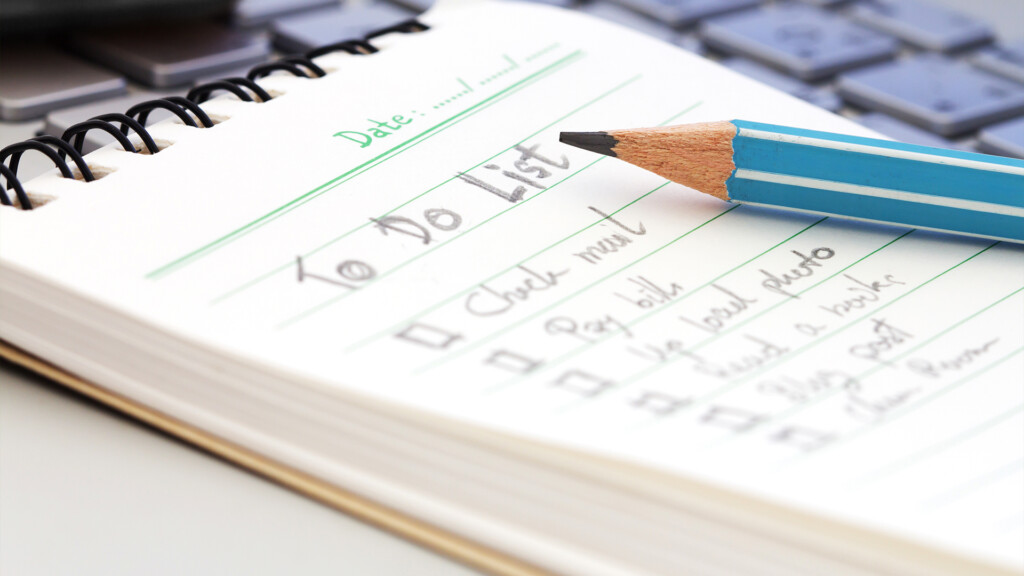
"Do" vs. "Make": What's the Difference? [Updated]
!["Do" vs. "Make": What's the Difference? [Updated] "Do" vs. "Make": What's the Difference? [Updated]](https://assets.blog.engoo.com/wp-content/uploads/sites/9/2023/02/20075511/do_vs_make_cover-1024x655.jpg)
You are probably used to using both “do” and “make” very often, but you may not know how many different ways they can be used. So this time, we’ll look at both words in detail and introduce their many practical uses in daily English conversations.
Do

Let's begin with "do." It means "to perform an action" and it's often used to talk about a process or something that takes time to complete (for example, homework, chores, a job or task).
We use "do" to ask about careers.
It's also used to talk about general activities or things that are not specific.
Other uses of “do”

There are many activities you can express by using "do" together with specific nouns. Unfortunately, you have to memorize them because there is no rule for them all!
A favor
Types of exercise
Laundry, dishes
"Doing" the dishes or the laundry means cleaning them/it.
Martial arts (karate, Taekwondo, kickboxing, etc.)
Gymnastics and athletic movements
Hair and nails
Here, "do" means to design or decorate.
When someone else performs the action for you, we say "have done" or "get done."
And speaking of hair, "'do" is also short for "hairdo" and is used as a noun in informal situations.
Some people use "do" for makeup, but "put on" is more common.
Puzzles
Time
"Doing time" is spending time in jail.
One’s best
"Doing your best" is working hard to do the best job you can.
In action and adventure movies, you may hear the hero tell the villain, “Do your worst!” This means “Hurt me as much as you can” or “I will never give up, no matter what you do.” Dramatic!
Dos and Don’ts
Dos and don'ts are lists of things you should and should not do in a specific place or situation.
Don't use chopsticks to point at anything.
Make

While "do" is often used to talk about a process, "make" refers to an object or the result of a process (like a meal, a sweater, a business plan, a decision).
"Do" would be incorrect in these sentences.
"Make" is also used to talk about forcing someone to do something.
Other uses of “make”

Compared to "do," many ways of using "make" are figurative, which means they are used differently than the normal meaning suggests.
Friends
Money
An impression
Fun (of someone or something)
This means teasing or making jokes about someone.
Love
"Making love" means having sexual intercourse.
A joke
Excuses
Time (for something)
This means reserving time for a specific activity.
Music

A mess
Up one’s mind
"Making up one's mind" means making a decision.
An appointment
Sense
If something "makes sense," it is able to be understood.
And more!
"Make" is used in many phrasal verbs as well. Check out this article to learn more: 11 English Phrasal Verbs with 'Make'
Wrap-up
That's a lot of uses! Of course, it's important to increase your vocabulary with new words, but it's also important to understand all of the ways the most basic words can be used.
"Do" and "make" are two of the simplest English verbs, but look at how many uses they have! Mastering these will really help you to improve your fluency in everyday conversations.
If you'd like to continue learning about the differences between other similar vocabulary, we have an article all about them: What's the Difference Between These English Words?



